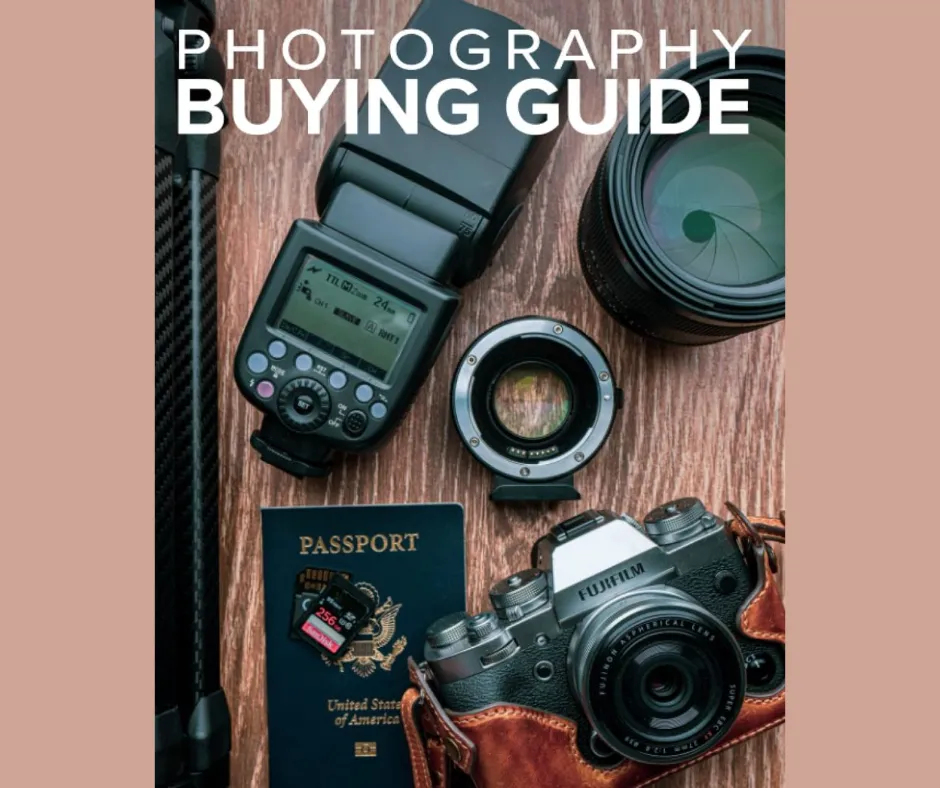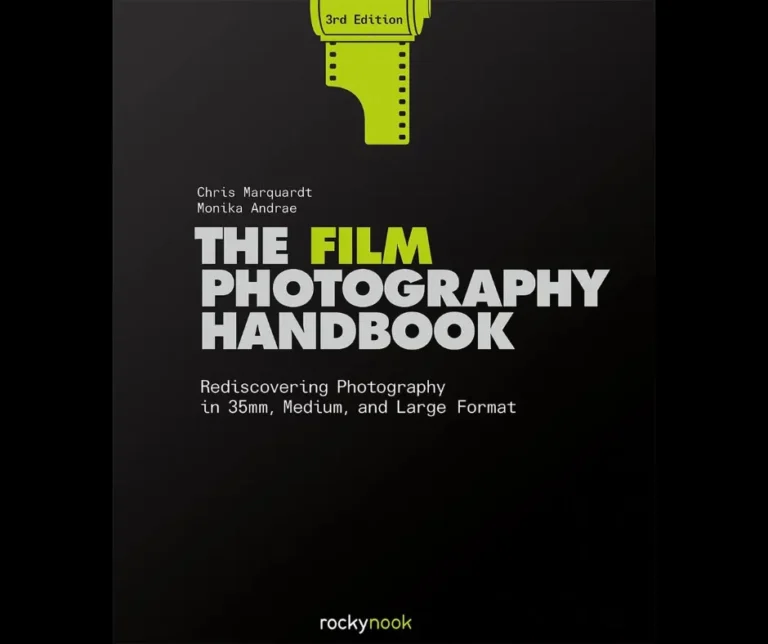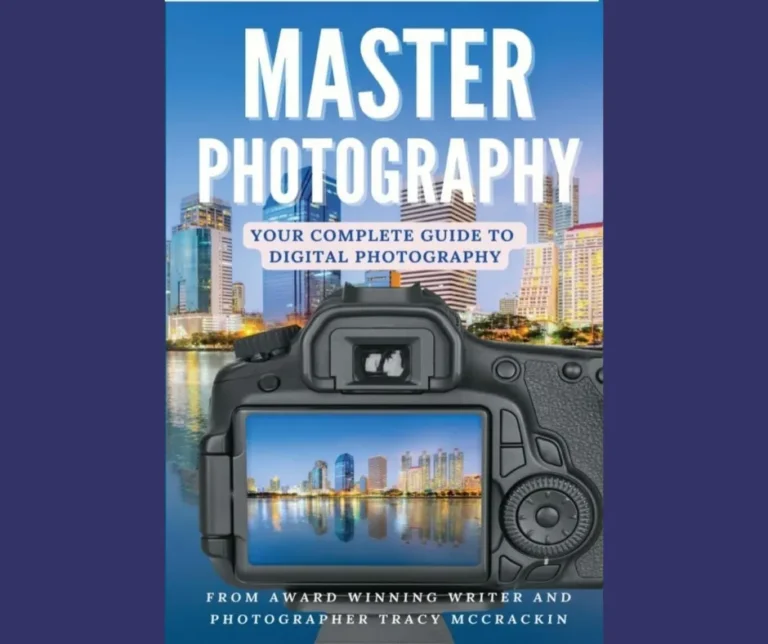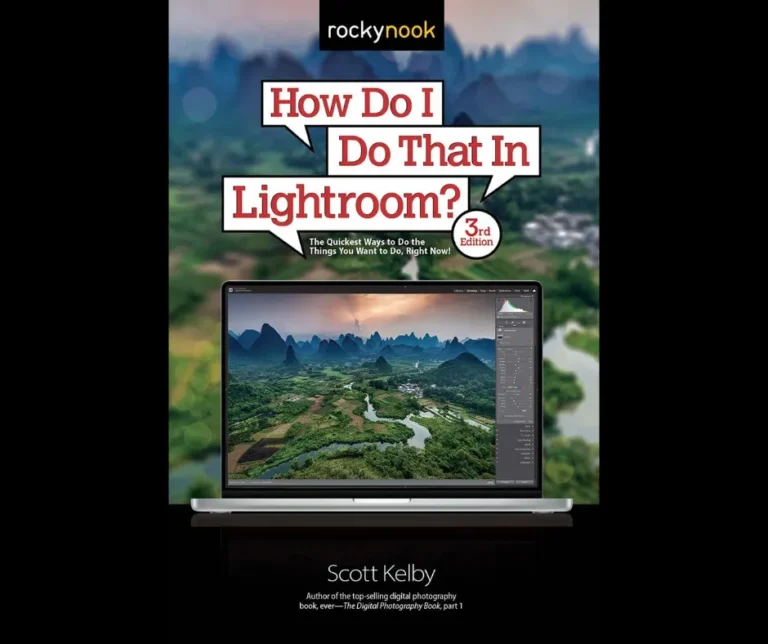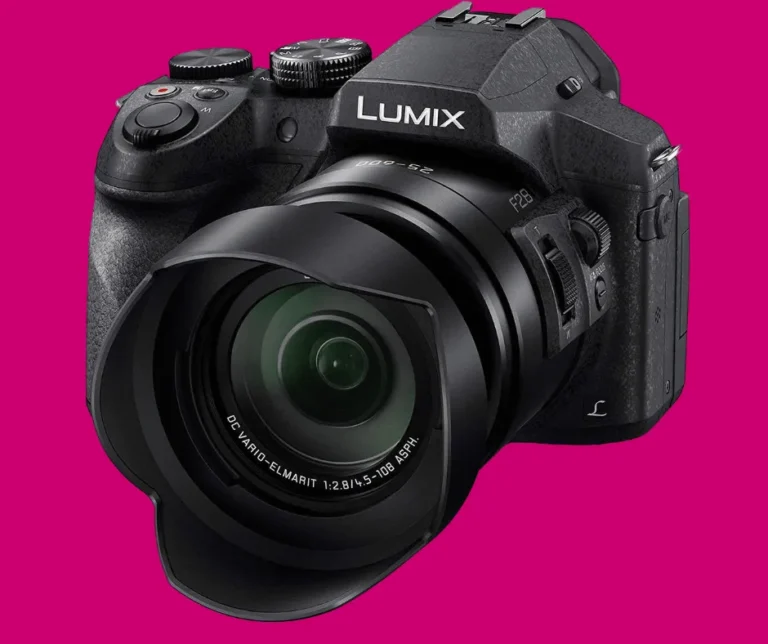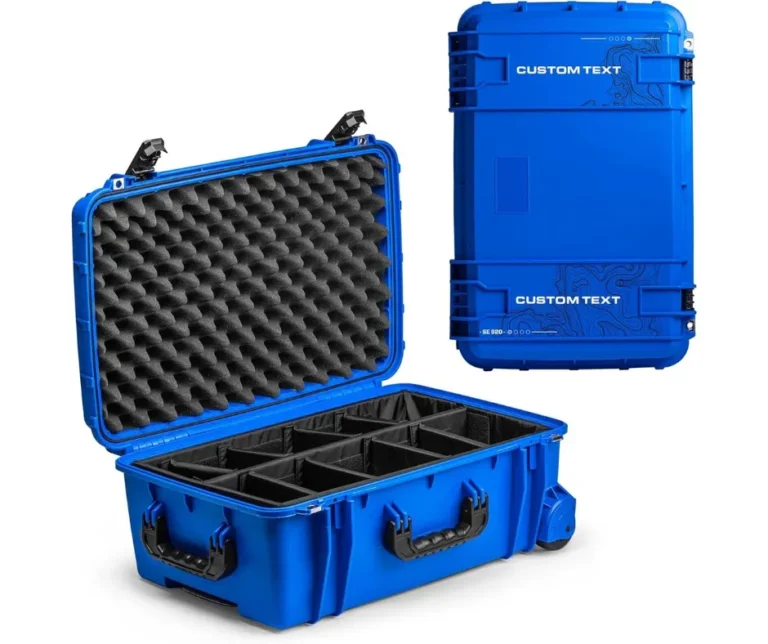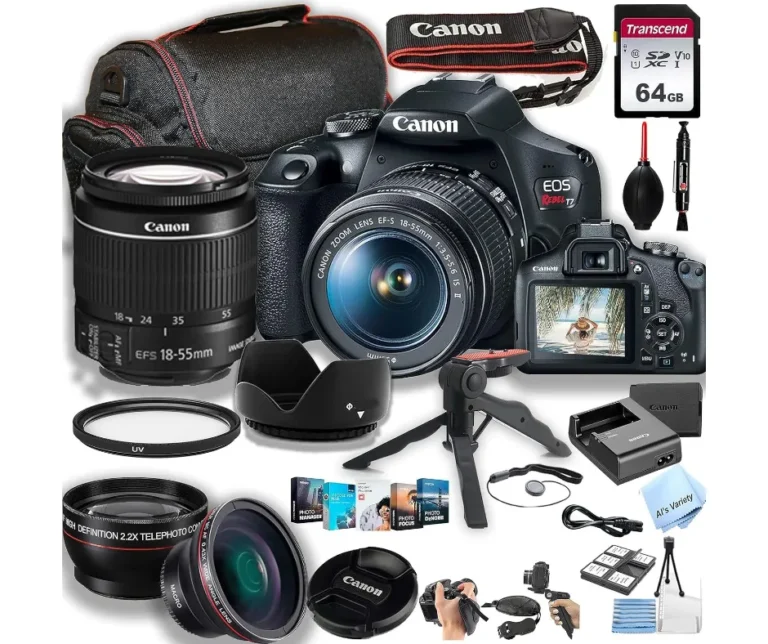Beginners Finding the Best Photography Camera
Photography has become an increasingly popular form of artistic expression in recent years, with the rise of social media and the accessibility of high-quality cameras.
As more and more individuals embark on their photography journey, the need for finding the best camera has become a common concern.
With the overwhelming number of options on the market, it can be challenging for beginners to navigate and make an informed decision.
A good camera is a crucial tool for capturing stunning images, and investing in the right one can make all the difference in elevating your photography skills.
In this guide to Beginners Finding the Best Photography Camera, we will explore the key factors to consider when choosing the best camera for photography.
From understanding the different types of cameras to evaluating their features and capabilities, we will provide you with the essential knowledge to help you make a well-informed decision.
Whether you’re a hobbyist or aspiring professional, this guide will serve as your go-to resource for finding the perfect camera to capture your creative vision.
So let’s dive into the world of photography and find the best camera to help you capture your moments and memories.
Table of Contents Beginners Finding the Best Photography Camera
Research and compare different brands
When embarking on the journey of finding the best camera for photography, it is essential to dedicate time and effort to thoroughly research and compare different brands available in the market.
Each brand offers a unique combination of features, technologies, and performance levels that cater to diverse photography needs and preferences.
By conducting in-depth research, beginners can gain a comprehensive understanding of the various camera brands, their strengths, weaknesses, and overall reputation within the photography community.
This process enables individuals to make an informed decision and select a camera that aligns perfectly with their specific requirements and goals, ensuring a rewarding and satisfying photography experience.
Determine your photography needs
Before diving into the vast sea of camera options, it is crucial to take a moment and determine your photography needs.
Consider the type of photography you are most interested in, whether it be landscape, portrait, wildlife, sports, or any other genre.
Each photography style has unique requirements, such as the need for high-resolution images, fast autofocus, or excellent low-light performance.
Assessing your goals and preferences will help you narrow down the features and specifications that are most important for your camera.
Additionally, consider factors like portability, durability, and ease of use, as these aspects can greatly impact your overall photography experience.
Taking the time to carefully evaluate your photography needs will ensure that you find a camera that not only meets your expectations but also inspires and empowers your creative vision.
Consider size and weight options
Size and weight are more critical factors than you might initially think when selecting a beginner-friendly camera.
While the allure of professional gear with advanced features is tempting, remember that if your camera is too bulky, you might find yourself leaving it at home more often than using it.
A compact and lightweight model will be easier to carry around, making spontaneous photography moments feasible and enjoyable.
Moreover, carrying a lighter camera means less strain on your wrists during extended shoots—a crucial consideration for beginners still building their stamina.
Lightweight doesn’t mean light on features; modern technology ensures even small devices come packed with powerful capabilities suitable for both novice and budding pros alike.
So when evaluating options while standing in the store aisle or scrolling through online reviews, give serious thought to size and weight; they’re integral to shaping not just what you capture, but how often you get out there to capture it.
Look for user-friendly features
When selecting a camera for photography, it is crucial to look for user-friendly features that enhance your shooting experience.
A camera with intuitive controls and a user-friendly interface can significantly improve your efficiency and confidence as a photographer, especially if you are a beginner.
Look for cameras that offer easy access to essential settings, such as aperture, shutter speed, and ISO, allowing you to make adjustments quickly and effortlessly.
Additionally, features like autofocus with face detection, built-in image stabilization, and a responsive touchscreen can simplify the capturing process and help you achieve sharper and more professional-looking photos.
Considering the user-friendliness of a camera will not only make your photography journey more enjoyable, but it will also enable you to focus on your creativity and artistic vision without being hindered by complex operations.
Don’t forget about budget constraints
It is important to keep in mind your budget constraints when searching for the best camera for photography.
While it can be tempting to go for the latest and most advanced model on the market, it is essential to assess your financial limitations and prioritize accordingly.
Remember, a more expensive camera does not guarantee better results if you are not fully utilizing its features and capabilities.
Instead, consider your photography needs and goals, and find a camera that offers a good balance between price and performance.
There are numerous options available at various price points that can deliver excellent image quality and functionality without breaking the bank.
By setting a budget and sticking to it, you can ensure that you are investing in a camera that meets your requirements while also maintaining financial stability.
In conclusion, finding the best camera for photography requires careful consideration of your personal needs and budget.
By taking the time to research and compare different options, you can find a camera that will help you capture stunning images and grow as a photographer.
Remember to prioritize key features such as image quality, lens compatibility, and ergonomics to ensure that you are making the best choice for your photography journey.
With the right camera in hand, you’ll be well on your way to creating beautiful and meaningful images.
Happy shooting!
FAQ
What are the key factors to consider when choosing a camera for photography as a beginner?
As a beginner, there are a few key factors to consider when choosing a camera for photography.
Firstly, consider the camera’s ease of use and user-friendly interface.
Look for a camera that offers manual controls as well as helpful automatic modes.
Next, consider the camera’s image quality and sensor size, as these can greatly impact the overall image results.
Additionally, consider the availability of interchangeable lenses and the camera’s compatibility with various accessories.
Lastly, think about your budget and choose a camera that fits within your price range while still offering the features and capabilities you desire.
How important is the camera’s sensor size and resolution for a beginner photographer?
The camera’s sensor size and resolution can be important for a beginner photographer, but they are not the sole factors that determine the quality of the photographs.
A larger sensor size generally allows for better image quality, especially in low-light situations, and a higher resolution can provide more detail in the images.
However, for beginners who are just starting out, focusing on mastering composition, lighting, and other fundamental techniques is more important than obsessing over sensor size and resolution.
It is possible to create stunning photographs with entry-level cameras that have smaller sensors and lower resolutions by understanding and practicing the fundamentals of photography.
What are the different types of cameras available for beginners, and what are their pros and cons?
There are several types of cameras available for beginners, including point-and-shoot, mirrorless, and DSLR cameras.
Point-and-shoot cameras are compact and easy to use, making them great for beginners.
However, they may have limited manual control and image quality compared to other types.
Mirrorless cameras combine the portability of point-and-shoot cameras with the image quality and manual control of DSLRs.
They are versatile and offer interchangeable lenses, but can be more expensive.
DSLR cameras are known for their excellent image quality and advanced features.
While they may be bulkier and more complex to use, they provide the most control over settings and lenses.
Choosing the right camera depends on personal preferences, budget, and desired level of control and image quality.
What are some recommended budget-friendly camera options for beginners?
Some recommended budget-friendly camera options for beginners include the Canon EOS Rebel T7, Nikon D3500, Sony Alpha a6000, and the Fujifilm X-T200.
These cameras offer good image quality, user-friendly interfaces, and are often available in affordable bundles that include a lens.
It’s important for beginners to consider their specific needs and preferences, such as whether they prefer DSLR or mirrorless cameras, and to do some research to find the best option within their budget.
Are there any specific features or settings that beginners should prioritize when selecting a camera for photography?
When selecting a camera for photography as a beginner, it is important to prioritize certain features and settings.
First, consider the camera’s ease of use and user-friendly interface.
Look for a camera with automatic modes and intuitive controls that can help you learn the basics of photography.
Additionally, consider the camera’s image quality, sensor size, and resolution.
A larger sensor and higher resolution can result in sharper and more detailed images.
Other features to prioritize include image stabilization, a variety of lens options, and the ability to shoot in RAW format for more flexibility in post-processing.

